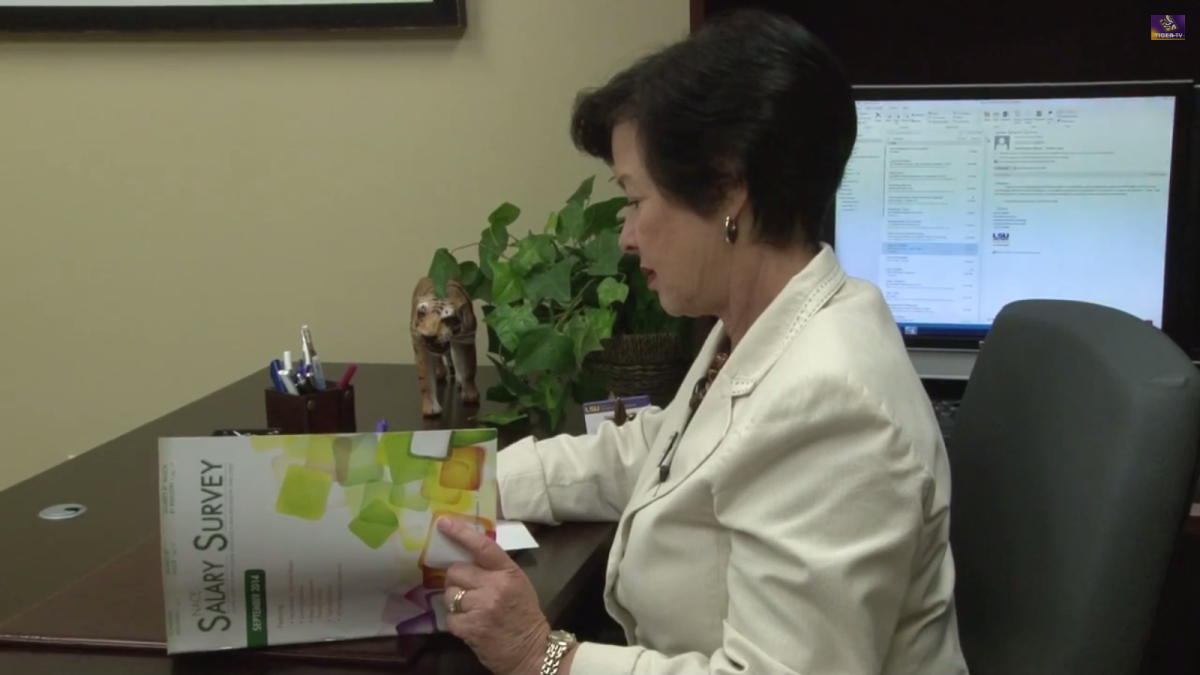Incoming freshmen have the daunting task of choosing the major that will determine what field they enter after college ends. This task presents students with a choice: Pick what they are passionate about or pick what they know will make money.
With the economy still recovering, many students are opting to major in the conventionally profitable fields such as engineering, computer science or business. But according to Mary Fedducia, the Director of the LSU Olinde Career Center, states that other fields can still provide economic stability if students are passionate about what they are studying.
According to the Salary Survey published by the National Association of Colleges and Employers, Engineering majors currently have the highest starting salary. But other majors’ starting salaries, such as Communications and Humanities, are increasing.
With this in mind, Fedducia urges students not to choose or switch to a major with a high starting salary, but to choose a career that they are well suited for.
Freshmen, Eliana Wackerman, heeded this advice and decided to become a Business Management major to become a managing partner at a law firm. But she also stated that she wanted to major in Business Management so that she would have a solid career choice if law school didn’t work out.
Fedducia encourages students who are not in typically lucrative career paths to volunteer, intern and gain experience so that they appear more favorable to future employers.
She said that the Olinde Career center, located in the Student Union, can connect students with these resources. This center helps prepare students to enter the job market with marketable skills.
Wackerman gives one piece of advice to students picking, or re-picking, their majors.
“Go for the one [major/career] you are more passionate about because there’s always going to be some other way you can balance your economic stability, but if you have something that you are passionate about you are going to work that much harder for it.”
Now students can remember that it is not the degree that matters, but what you do with it.





